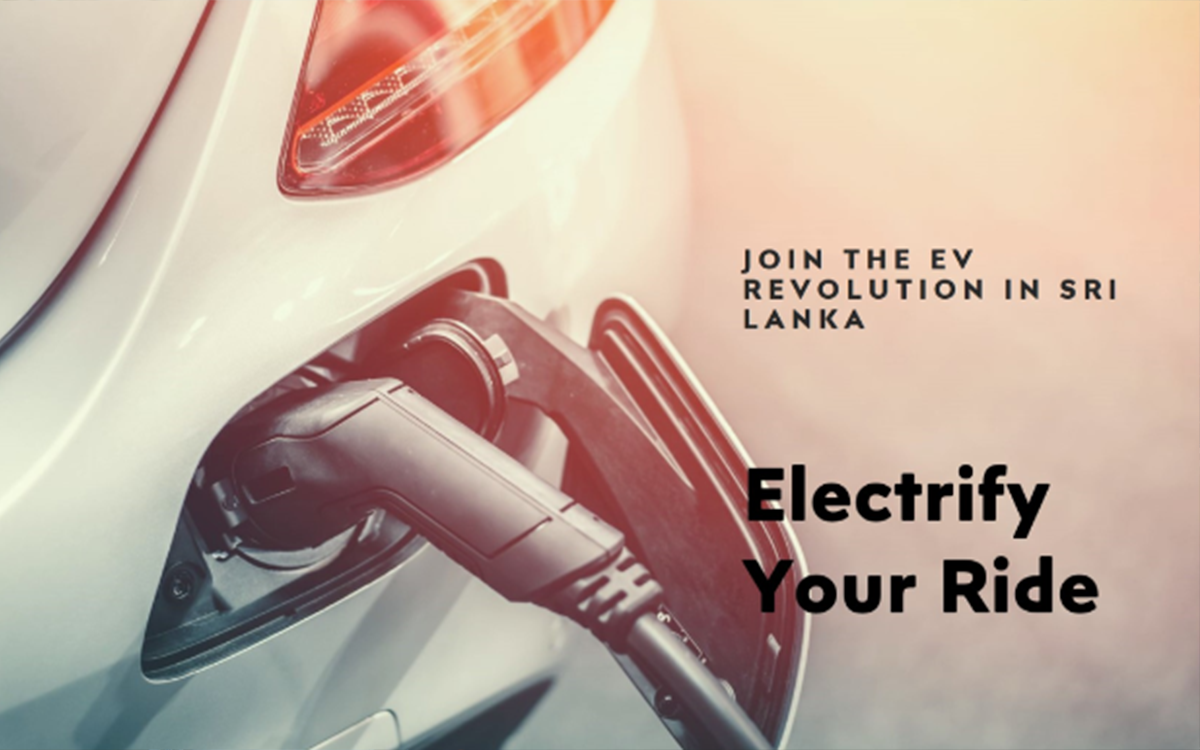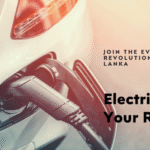As Sri Lanka prepares to lift its vehicle import restrictions by February 2025, there is a growing anticipation of a surge in electric vehicle (EV) adoption. Ada Derana
This shift promises to reduce the nation’s dependence on fossil fuels, aligning with global trends toward sustainable transportation. However, the environmental benefits of EVs can be undermined if the electricity used for charging them is predominantly generated from fossil fuels.
The Renewable Energy Imperative
Charging EVs with electricity derived from fossil fuels merely shifts emissions from tailpipes to power plants. To truly capitalize on the environmental advantages of EVs, it’s imperative that the energy used for charging is sourced from renewables. While Sri Lanka has made strides in renewable energy, a significant portion of its electricity still comes from non-renewable sources.
Challenges with Current Tariff Structures
Time-of-Use (ToU) tariffs are designed to incentivize electricity consumption during off-peak hours by offering lower rates. However, without stringent enforcement, there’s no guarantee that EV owners will adhere to these schedules. Charging during peak hours, even at higher costs, can strain the grid and increase the nation’s energy expenditure.
Potential Solutions for Sustainable EV Integration
- Mandatory ToU Tariffs for EV Owners: Implementing compulsory ToU tariffs for residential EV owners can encourage nighttime charging, alleviating peak demand pressures. This approach would necessitate the installation of smart meters and could be complemented by public awareness campaigns highlighting the benefits of off-peak charging.
- Promotion of Solar Plus Storage Systems: Encouraging EV owners to invest in solar panels combined with battery storage can ensure that vehicles are charged using renewable energy. This setup allows homeowners to store solar energy during the day and use it for charging at night, reducing reliance on the grid.
- Independent Solar-Powered Charging Stations: Mandating that new public EV charging stations operate independently of the grid by utilizing solar energy paired with storage solutions can prevent additional strain on the national power system. Such stations would serve as sustainable refueling points, especially in urban areas with high EV concentrations.
- Incentivizing Hybrid Solar Systems: Transitioning existing on-grid solar installations to hybrid systems equipped with storage can enhance energy independence and contribute to grid stability. Providing subsidies or low-interest loans for such upgrades can accelerate adoption.
- Regulations for New Solar Installations: Introducing policies that require all new solar installations exceeding 3 kW to include battery storage can promote energy self-sufficiency. Government-backed financial incentives, such as concessionary loans guaranteed by the Ceylon Electricity Board (CEB) or Lanka Electricity Company (LECO), can make these investments more accessible to the public.
The Economic Perspective
Allowing unrestricted EV charging without proper control mechanisms could lead to increased energy imports, negating the benefits of reduced fossil fuel consumption in transportation. By ensuring that EV charging is predominantly powered by renewable energy, Sri Lanka can mitigate potential economic burdens associated with higher energy bills and infrastructure strain.
Conclusion
The impending influx of electric vehicles presents a pivotal opportunity for Sri Lanka to advance its sustainability goals. However, to fully realize the environmental and economic benefits, it’s crucial to implement effective strategies that promote renewable energy integration in EV charging. Through a combination of regulatory measures, financial incentives, and public education, Sri Lanka can pave the way for a greener and more resilient energy future.




